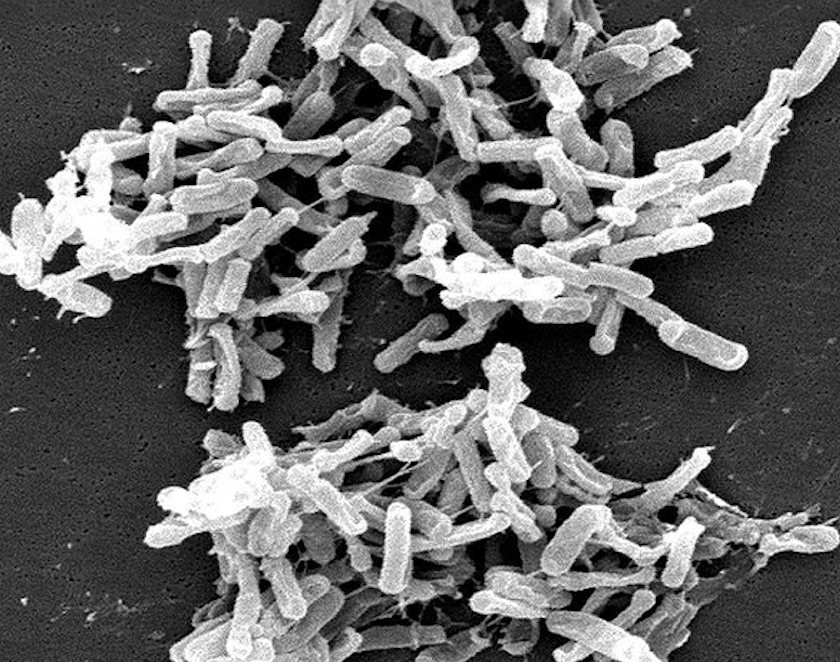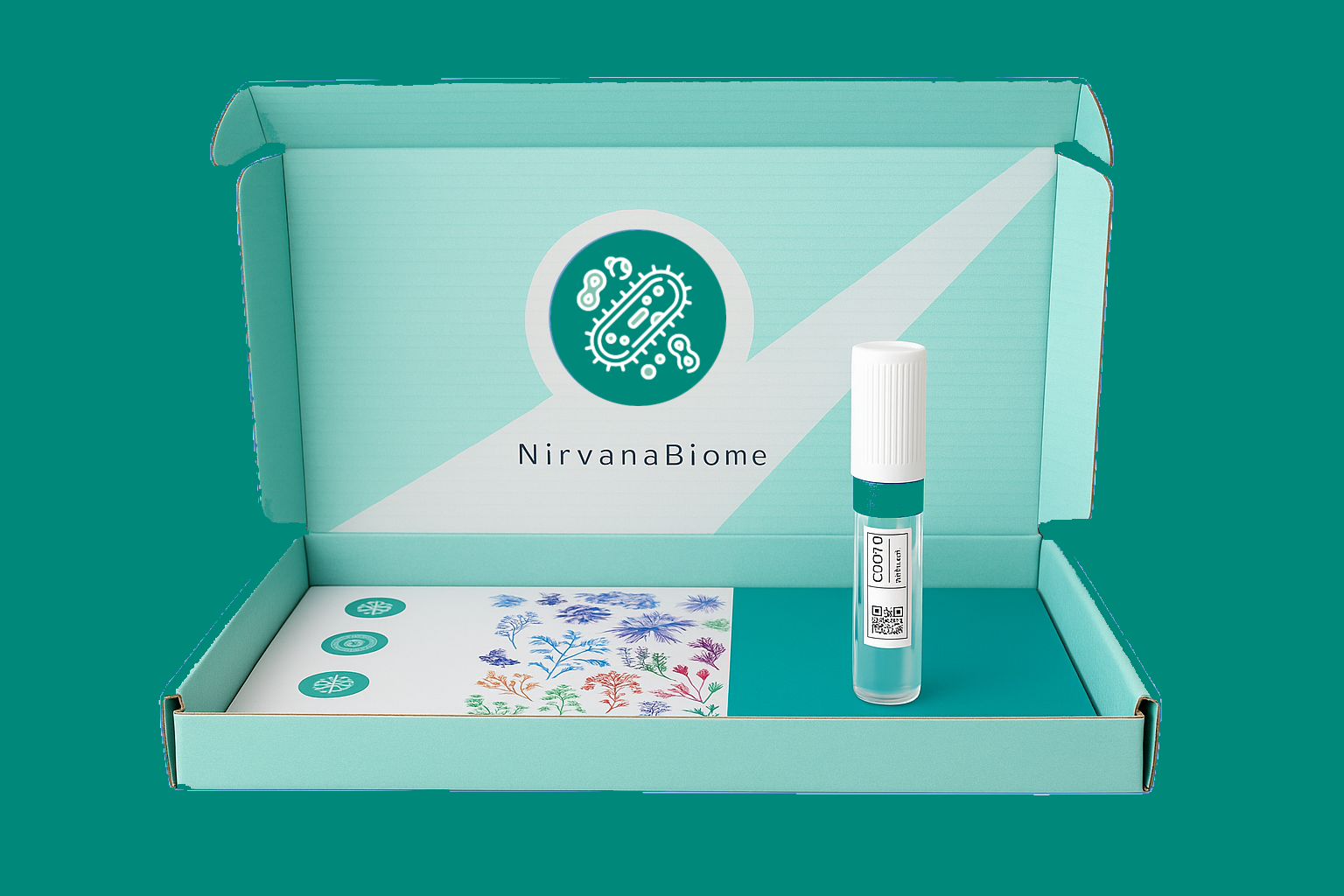
Clostridioides difficile
Clostridioides difficile, often called C. difficile or C. diff, is a commensal bacteria that is often seen in patients with diarrhea and can lead to life-threatening inflammation of the colon.
Taxonomic Level: Species
Family: Peptostreptococcaceae
Properties: Gram-positive, Anaerobic, Spore forming
Additional Information: Clostridioides difficile produces toxins, enterotoxin A and cytotoxin B, that impede signal transduction of the cytoskeleton, which can disrupt certain gene expression and destroy cells. Additionally, Clostridioides difficile infections are mostly found after the patient has been on antibiotics, and it often leads to watery diarrhea. This connection to antibiotics is due to Clostridioides difficile’s production of p-cresol, which inhibits the growth of other microbes and allows Clostridioides difficile to thrive.
You've Met the Microbes – Now Meet Your Own
Ready to see how these key bacteria show up in your body? Choose your kit and start turning science into personalized insight.
.png?width=3000&height=1170&name=NirvanaBiome_logo_fullcolor_RGB-1500%20(1).png)
.png?width=1500&height=585&name=NirvanaBiome_logo_fullcolor_RGB-1500%20(1).png)



